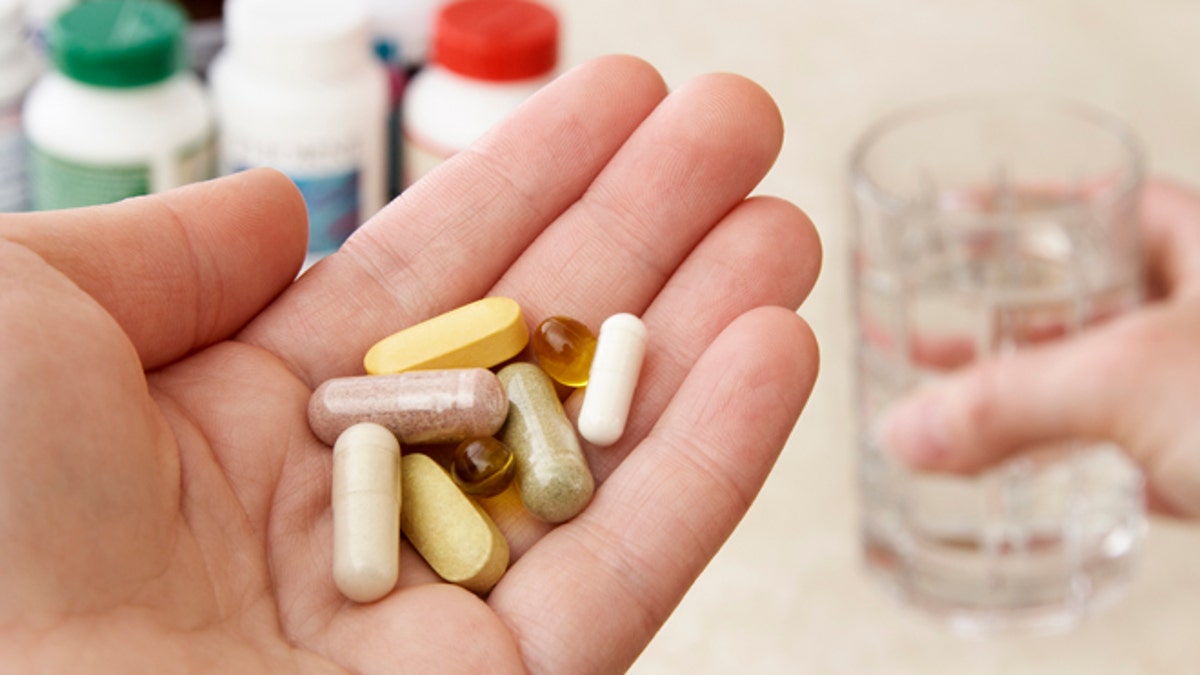
The U.S. Food and Drug Administration is warning companies to stop selling dietary supplements that include a stimulant known as DMBA, the latest in a series of moves to clamp down on potentially dangerous weight-loss and body-building products.
In an April 24 letter to one manufacturer, 1ViZN LLC, the agency noted that its product Velocity listed AMP as a dietary ingredient. AMP is also known as 1,3-Dimethylbutylamine, DMBA, 2-amino-4-methylpentane and methyl-2-pentanamine.
The FDA said it considered Velocity adulterated because there is not enough information to provide reasonable assurance that DMBA is safe.
Earlier this month the agency warned five companies to stop selling dietary supplements containing a stimulant known as beta-methylphenylethylamine, or BMPEA, which is often hidden in supplements containing Acacia rigidula.
The FDA actions come amid pressure from lawmakers and a Harvard University academic, Dr. Pieter Cohen, who has been studying the presence of synthetic stimulants in supplements.
"This is extremely welcome news," Cohen said. "Rather than waiting until heart attacks, strokes or deaths are definitely linked to this new designer stimulant, the FDA has now made it extremely clear to manufacturers that there is no justification to sell DMBA in supplements."
Last year Cohen published a study showing DMBA was present in 12 supplements marketed to improve athletic performance, increase weight loss and enhance brain function. He also pointed out that products containing BMPEA were still on the market a year after FDA researchers discovered the stimulant in Acacia rigidula supplements.
DMBA and BMPEA are similar to 1,3-dimethylamylamine, or DMAA, which has already been banned by the FDA.
The FDA banned a stimulant known as ephedra in 2004. Since then, companies have tried to replace it with other stimulants purported to be natural.
"On closer review these 'natural' stimulants have turned out to be nothing other than new, untested drugs," Cohen said.







































